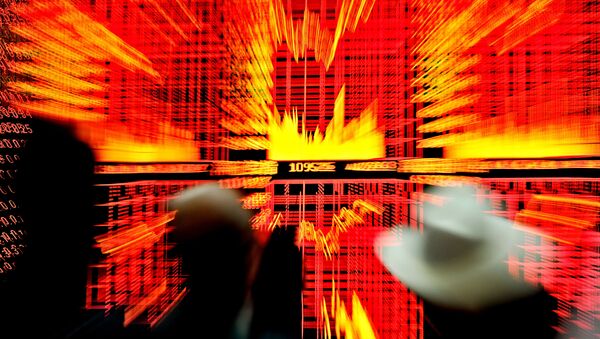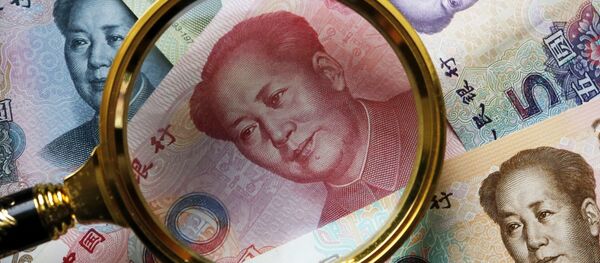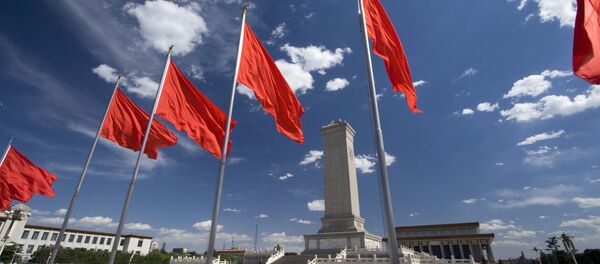Market watchdogs in the cities of Shanghai and Shenzhen introduced higher one-time payment requirements on property purchases last week, triggering declines in the stock value of development companies, including the likes of Gemdale Corp. and Poly Real Estate Group, on Monday.
"Developers are facing some headwinds as these measures are likely to cause an immediate negative impact on the demand side," Wu Kan of Shanghai-based JK Life Insurance noted. "The market is in the stage of building a bottom so we'll see lots of ups and downs."
China might indeed be heading for a yet another property bubble, similar to the one which impaired the broader growth outlook in 2014. In February, real estate prices soared 50%, whilst new development projects gained 14% throughout the country in early 2016 amidst the abundance of capital investment. Demand for housing is rife, both in large and small cities and towns.
The prices of new houses rose across 47 cities in China in February, the National Bureau of Statistics reported last week. They declined in 15 cities, and were flat in 8 cities, an improvement compared to January's dynamics, when in 24 cities prices slumped. Home sales gained momentum, expanding 3% in February, and the overall sentiment in the real estate sector is speculative, creating a very unhealthy atmosphere in the market.
China's 60 biggest cities are estimated to have an economy of $8.6 trln, contributing 15% to global economic expansion, meaning prominent shocks like asset bubbles would incur substantial negative consequences for economies elsewhere in the world.
Previously, China's Ministry of Finance lowered taxes on real estate transactions in January, hoping to contribute to the government's efforts boosting overall economic growth. The outcome was controversial: whilst the property sector is gaining momentum, this process is exacerbating the disinvestment drag in the nation's export-oriented manufacturing. Subsequently, the broader economy's performance is barely feeling any positive developments.
Such limitations might impair the issuance of new bank loans, undermining the central government's stimulus efforts. However, while these attempts at curbing the asset bubble contradict the broader effort to boost growth, they make sense as a new slump in real estate would hit the growth outlook much harder.
Meanwhile, even though the new real estate regulations reflected negatively on China's stock market on Monday, the upbeat figures of industrial production for February might encourage a moderate reinvestment drive in the struggling manufacturing sector. Industrial profits in January-February snapped their seven-month losing streak, gaining 4.8%, with oil refining, electric furnaces and food industries advancing along with 28 out of 41 manufacturing groups. Strengthening domestic consumption is providing solidifying support to China's industries.






